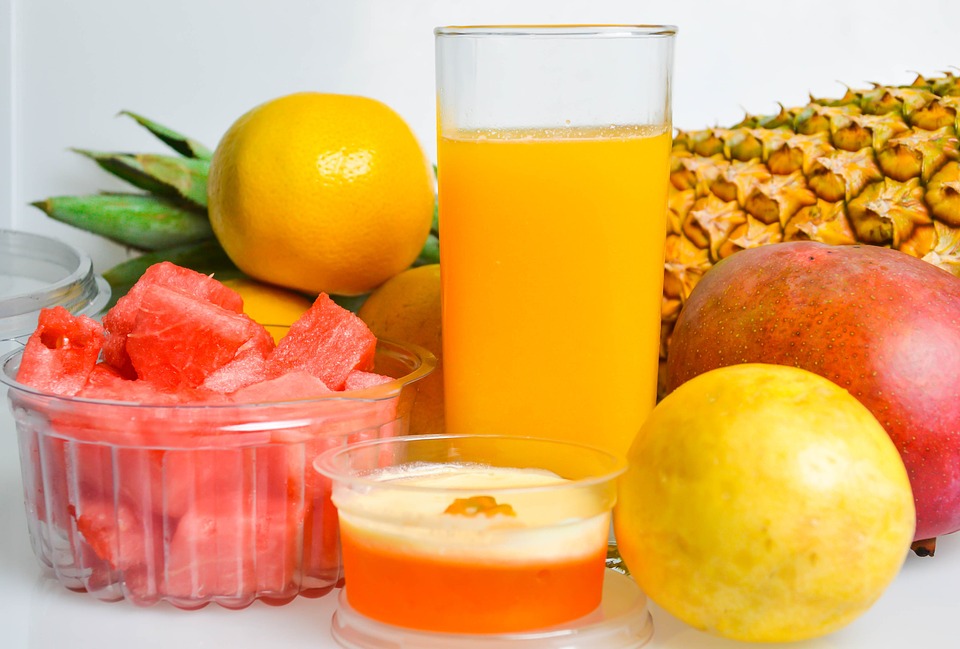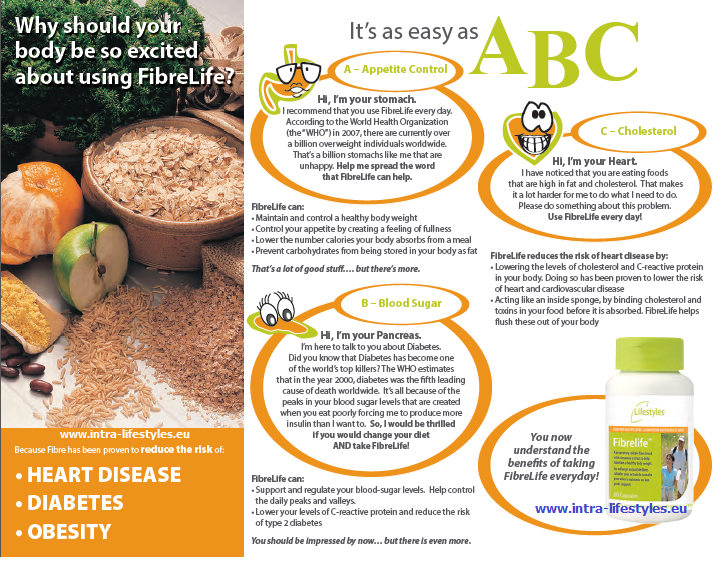Numerous peer-reviewed scientific studies have shown that consuming produce high in pesticide residue, increases the risk of certain negative health impacts and that choosing organic can almost immediately reduce the amounts of residues in a person’s body.
More than 70 percent of non-organic fresh produce sold in the U.S. contains residues of potentially harmful pesticides, EWG’s 2022 Shopper’s Guide to Pesticides in Produce™ finds. Read more…

Our’s advice is that fruit whose origin is unknown should be carefully washed. But for apples, washing them leads to a maximum reduction of pesticides by half. It is more effective to peel the skin. As less risky fruits, we recommend bananas, avocados, pineapple, or some citrus fruits, where they do not find pesticides in the edible parts. Regarding vegetables, we recommend sweet potatoes, onions, or baby carrots.
And grandma’s advice to wash fruit with vinegar or lemon water? “The solubility of some pesticides may increase slightly, but complete removal cannot be counted on,” we reply.
Do you like gardening? So support your local organic growers or grow some vegetables and fruits yourself.
EWG’S DIRTY DOZEN FOR 2022 with the highest pesticide residues
Kale, collard and mustard greens
Nectarines
Grapes
Bell and hot peppers
Cherries
Peaches
Celery
Tomatoes

EWG’S CLEAN FIFTEEN FOR 2022
Avocados
Sweet corn
Pineapple
Onions
Papaya
Sweet peas (frozen)
Asparagus
Honeydew melon
Kiwi
Cabbage
Mushrooms
Cantaloupe
Mangoes
Watermelon
Sweet Potatoes
Source:
https://www.ewg.org/foodnews/summary.php, google.com, www.facebook.com,




